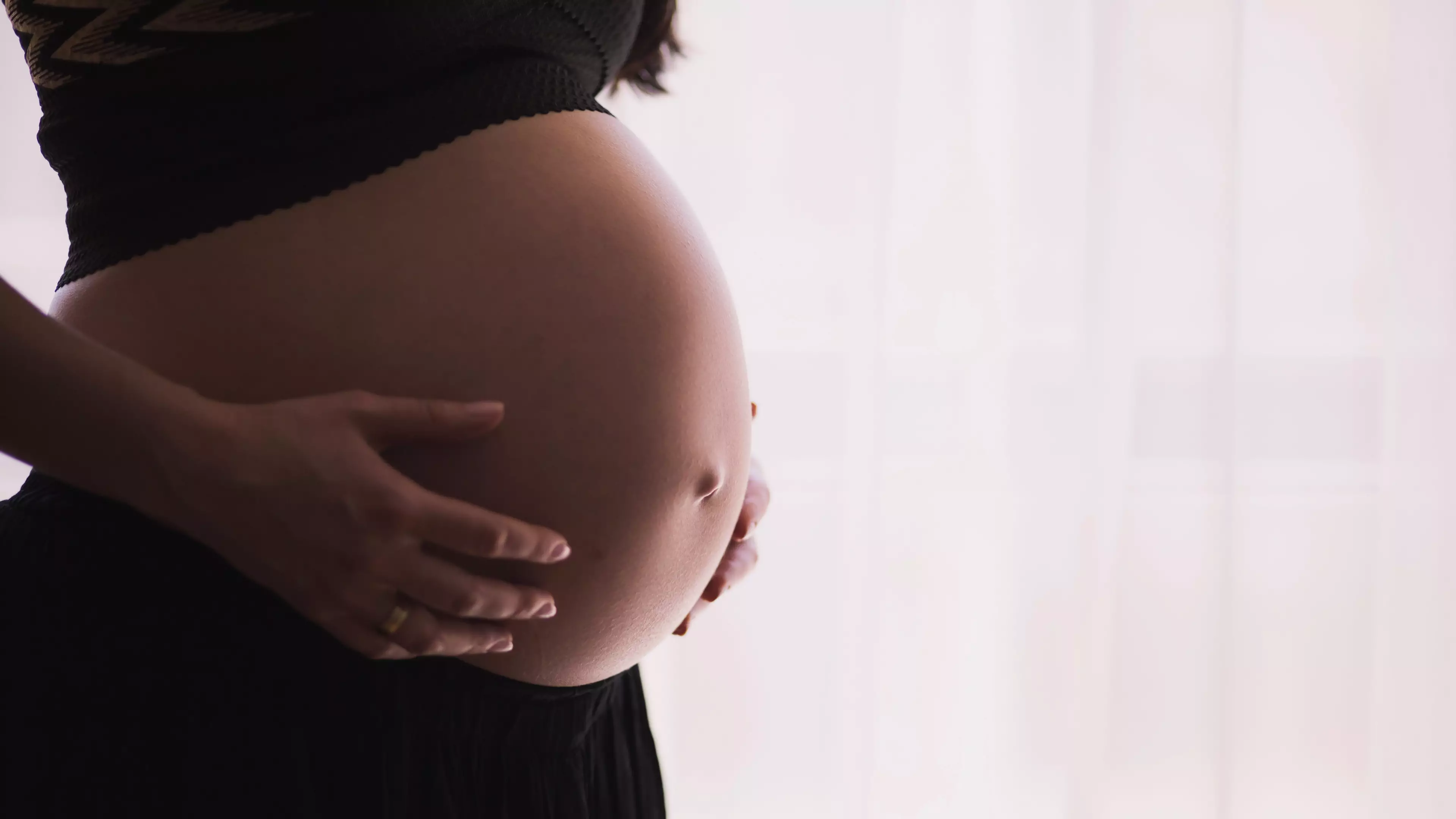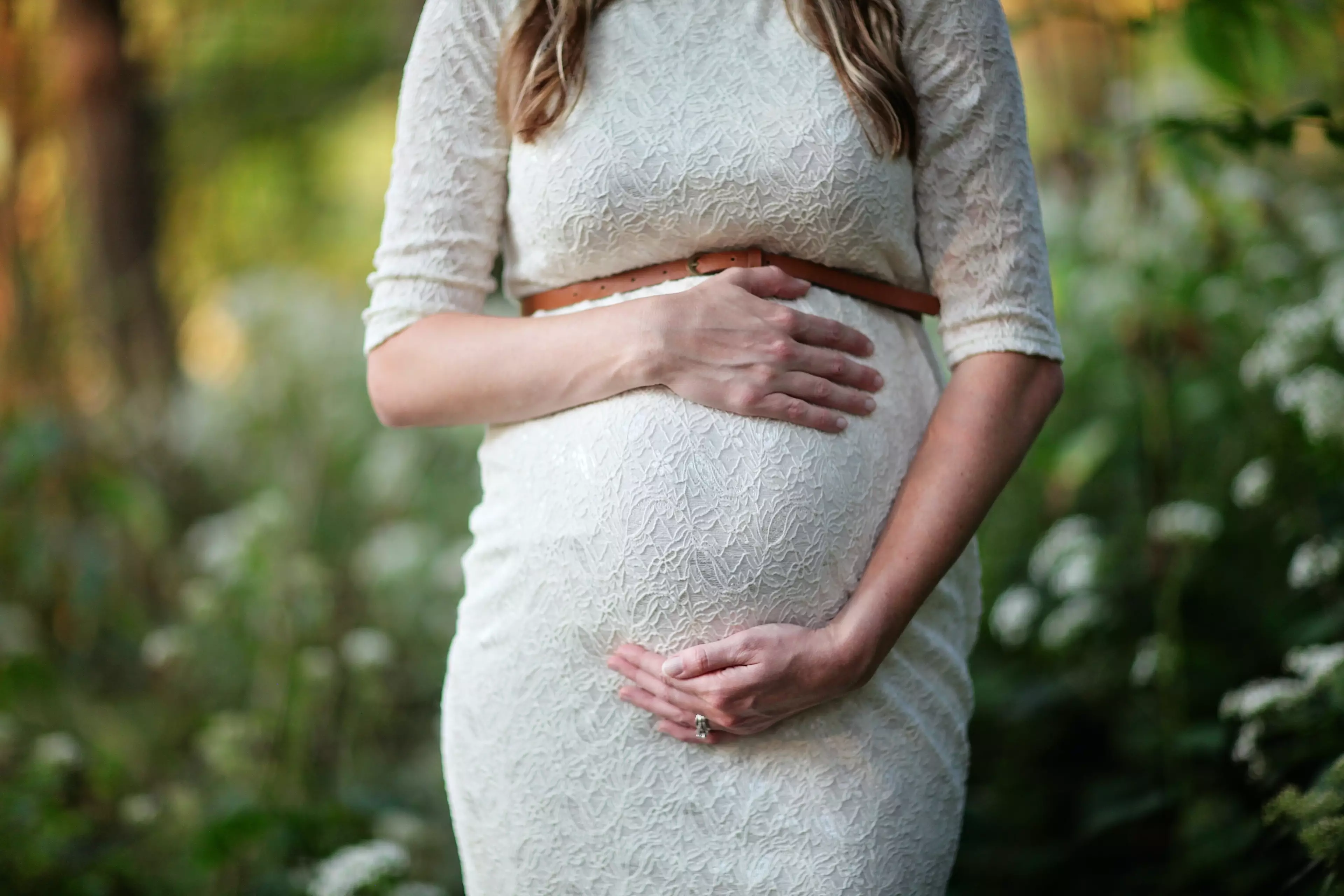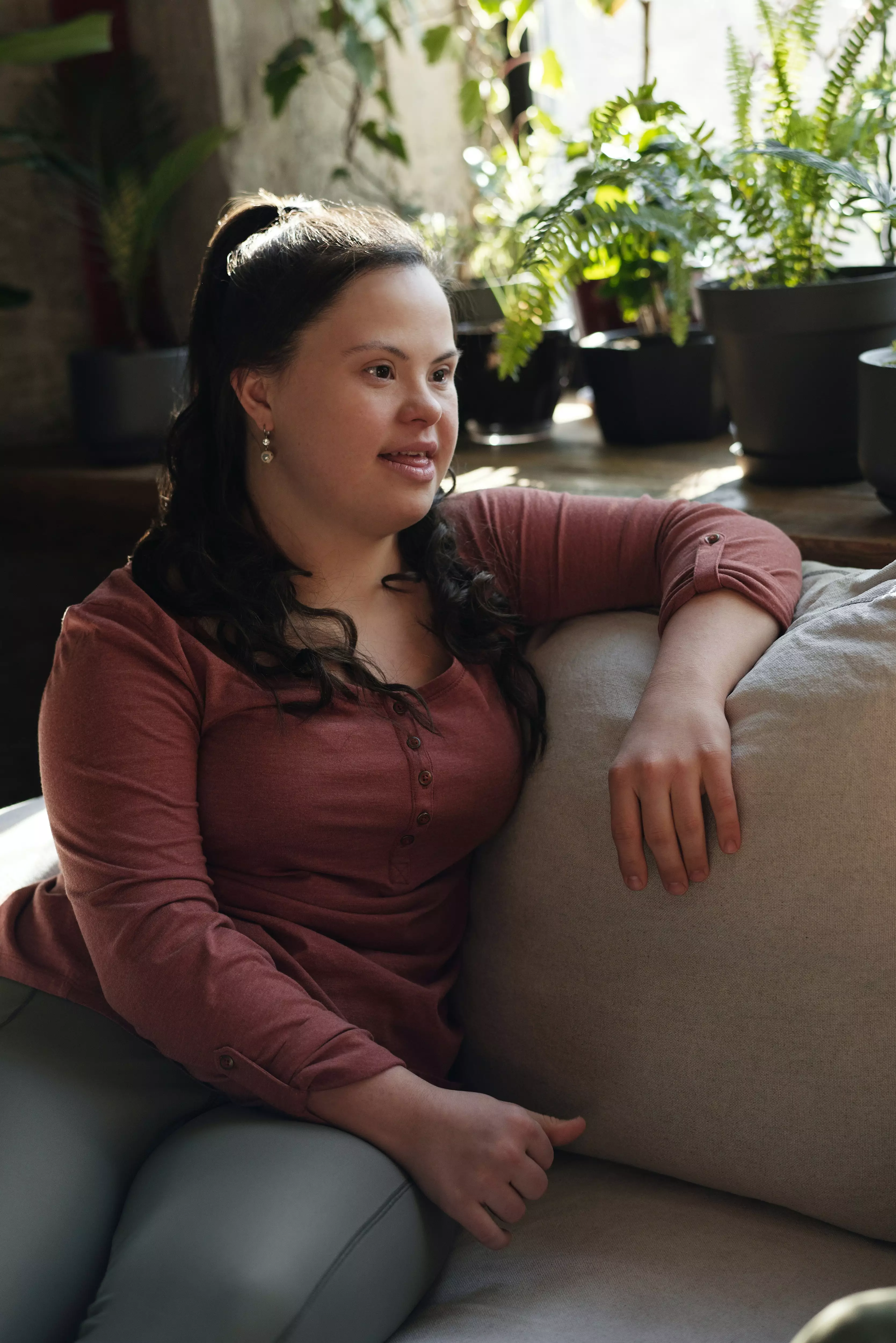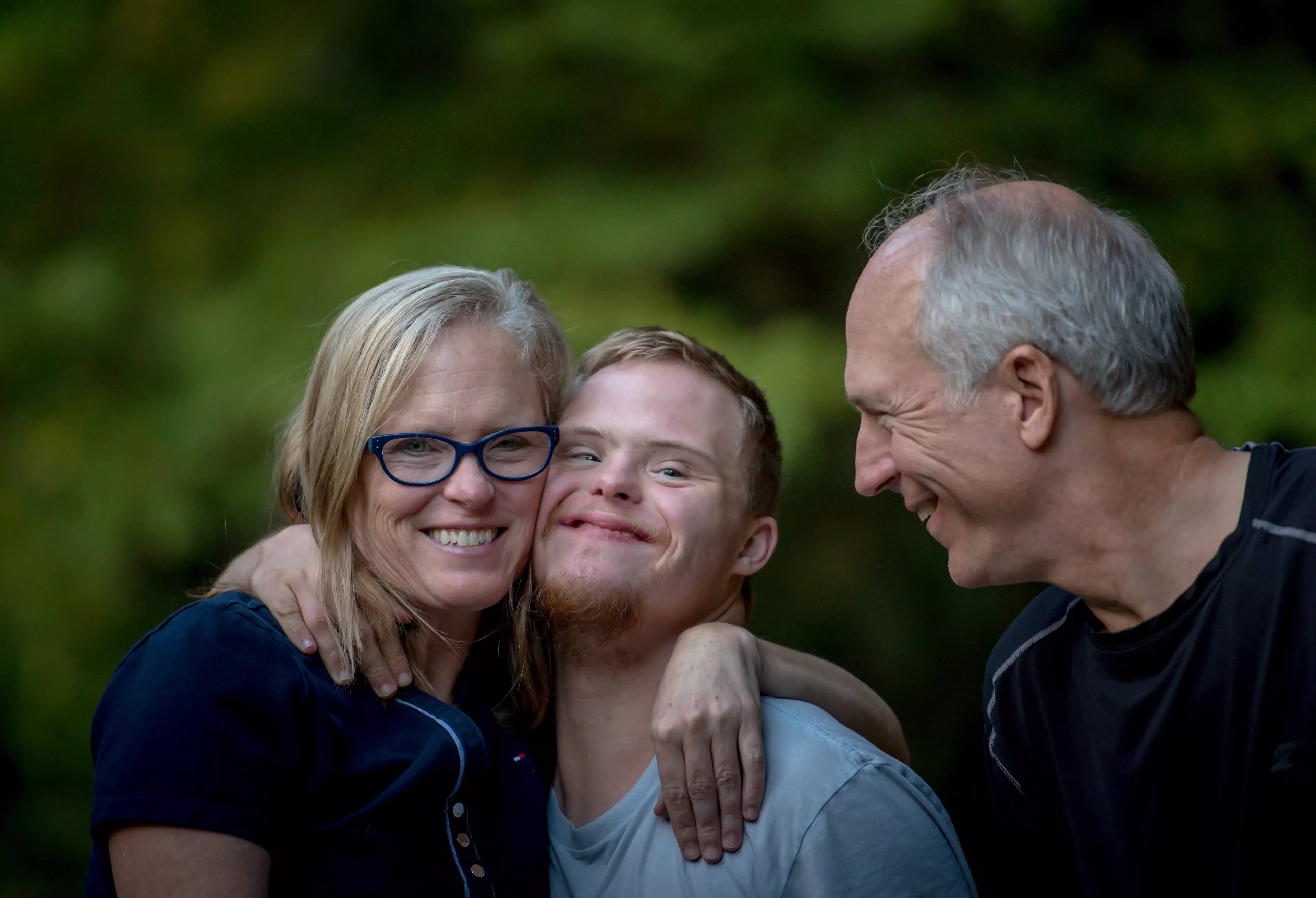
New research has shown the number of British babies born with Down's Syndrome has halved following the introduction of non-invasive pre-natal screening.
The controversial blood test, also referred to as NIPS, uses DNA technology to seek out and identify any potential "genetic abnormalities" in foetuses.
Since NIPS were introduced in the UK in 2012, a study has now shown that the number of newborns born with Down's Syndrome has fallen by 54 per cent. The numbers are in line with the average reduction rate across Europe, though numbers can vary significantly.

Doctor Brian Skotko, a specialist in developmental disabilities who led the research, previously observed the rate of Down's Syndrome births in the US in 2016.
Advert
His team found a third fewer babies with the condition had been born in America as a result of NIPS.
Down's Syndrome is caused by an extra pair of chromosomes. While most people have 23 pairs of chromosomes, people with Down's have a copy of chromosome 21.
The additional pair results in characteristic physical features, and varying degrees of learning difficulties. Those with Down's Syndrome may also suffer from medical complications including problems with the heart, gut, hearing or thyroid.

The study comes after more recent figures show that 90 per cent of the people in the UK would choose to abort if they find out their child will be born with Down's Syndrome.
Advert
With NIPS now becoming more widely available since they were introduced on the NHS in 2018, campaigners are concerned that the blood tests could encourage more abortions.
Actor and comedian Sally Phillips, who starred as Shazza in the Bridget Jones franchise, fears more foetuses being aborted. Sally herself has a child with Down's Syndrome, 15-year-old Olly, and has said being a mother to her son has made the lives of her and her husband Andrew "more meaningful and happy."

People with Down's Syndrome, particularly in wealthier countries, can go on to have rich, fulfilling lives, and now have the average life expectancy of 60 years old.
Advert
Around one in every 1000 babies born will have Down's Syndrome. There is thought to be 40,000 people living with the condition in the UK currently.
Featured Image Credit: UnsplashTopics: Life News, Life, Downs Syndrome, Health